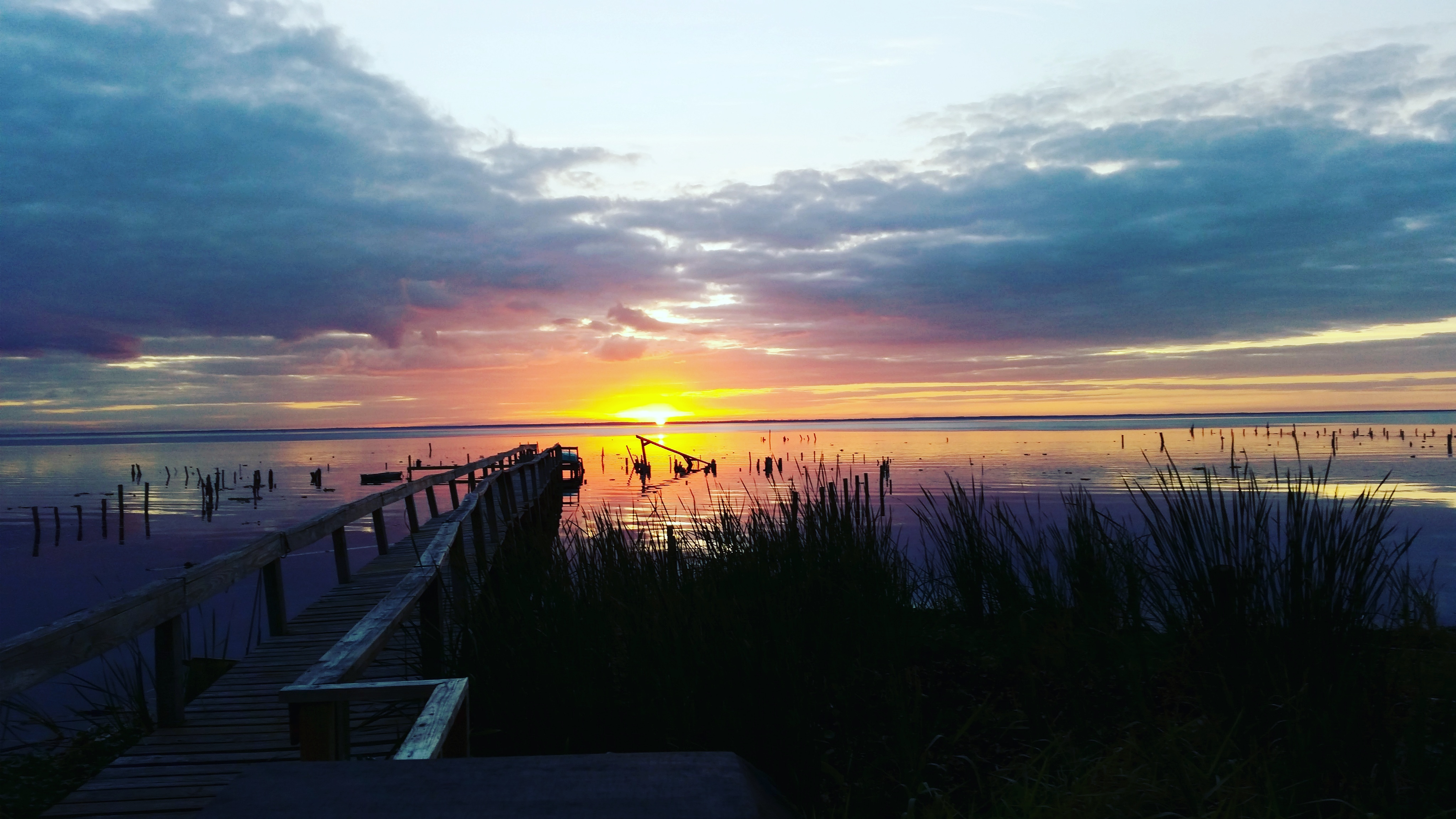6 New Year’s Resolutions Hunter's Should Make
- Kennedy Gallimore

- Dec 18, 2015
- 3 min read

‘Tis the Season to Spend Time Afield With Friends and Family
The holiday season is a perfect time to go afield. The kids are out of school, some of the grown-ups are taking a break from work, and friends and family are gathering. There are several Florida hunting seasons open so you can celebrate the season the natural way! FWC’s Tony Young suggests 4 great hunting opportunities to enjoy this December:http://myfwc.com/news/news-releases/2015/december/01/outta-the-woods/
The tradition of making New Year’s resolutions – typically a promise to do good or an act of self-improvement – has been around for thousands of years. While people usually vow to lose a few pounds or build their savings accounts, hunters can help uphold our hunting traditions with the following simple acts.
1. Host a wild game dinner and wow your friends and family with healthy and delicious recipes. They’ll love the fact that wild game is lower in calories, cholesterol and fat. Plus, it’s free of antibiotics and hormones. But what will delight your guests is getting to sample tasty dishes such as venison stroganoff or wild turkey parmigiana. Whether your culinary style is down home or fancy schmancy, wild game is a crowd pleaser, and your guests will get a positive message about the benefits of hunting.
2. Volunteer to be a certified hunter safety instructor. There’s a lot to feel good about when connecting with young people to teach them how to be safe, responsible hunters. Plus, volunteering is a great way to meet people who also enjoy hunting. For more information, visit http://myfwc.com/hunting/safety-education/volunteer/
3. Introduce someone new to hunting. You can invite a co-worker, friend or family member on your next hunt. Or you can get involved with Florida’s Youth Hunting Program, which reaches young people who normally wouldn’t have the opportunity to experience hunting. The program wouldn’t exist without landowners who are willing to host hunts on their properties and volunteers to help plan and conduct safe, affordable, mentored hunts. To learn more, visit http://ihuntflorida.com/youthhuntingprogram.aspx
4. Talk to your nonhunting friends, family members and co-workers about hunting. Knowing someone who hunts, being related to a hunter or having parents or other family members who approve of hunting can create support for hunting, according to Responsive Management, a public opinion and attitude survey research firm. Results from a 2015 survey showed 77 percent of American adults approve of hunting, which is consistent with findings over the last two decades. So speak up! Tell people how hunting connects you to nature, allows you to spend time with loved ones, and if you’re successful, savor the wonderful flavor of wild game meat. And don’t forget to talk about how hunting license and permit fees and your support of the Federal Aid in Wildlife Restoration program fund wildlife management efforts for hunted and non-hunted species. For more information about how to talk about hunting, visit http://www.responsivemanagement.com/download/RM_ENews/RM_HuntPublic_newsletter.pdf. Also, learn more about hunters’ contributions to conservation here http://myfwc.com/news/news-releases/2015/october/30/hunter-conservationist/
5. Be a thoughtful guest when using public lands. Almost everyone can remember the first time someone took them hunting. Even if that first hunt happened decades ago, the woods’ earthy smell, the pre-dawn chatter of birds, and the thrill of seeing deer that had no idea they were being watched never fades. It’s those kind of memories that make people so passionate about hunting. But imagine the disappointment of visiting one of Florida’s many wildlife management areas several weeks before or after deer season only to find it littered with tree stands, flagging and trash. By removing your tree stands, trash and flagging from public hunting areas after the season, you’ll make our public lands more welcoming to other users and enhance the positive image of hunters.
6. Be FWC’s eyes and ears when you’re afield. As a hunter, you’re often in Florida’s most remote areas and have firsthand knowledge of wildlife and habitat conditions, game law violations and other information that can help protect and conserve the state’s natural resources. You can make a big difference by reporting fish kills,deer that appear sick or dead from unknown causes, unlawful activity on management areas or fish and wildlife law violations. Report violations online (http://www.MyFWC.com/contact/wildlife-alert/online/) or call 888-404-FWCC (888-404-3922). Cellular phone users can also call *FWC or #FWC, or send a text to Tip@MyFWC.com.













































Komentarai